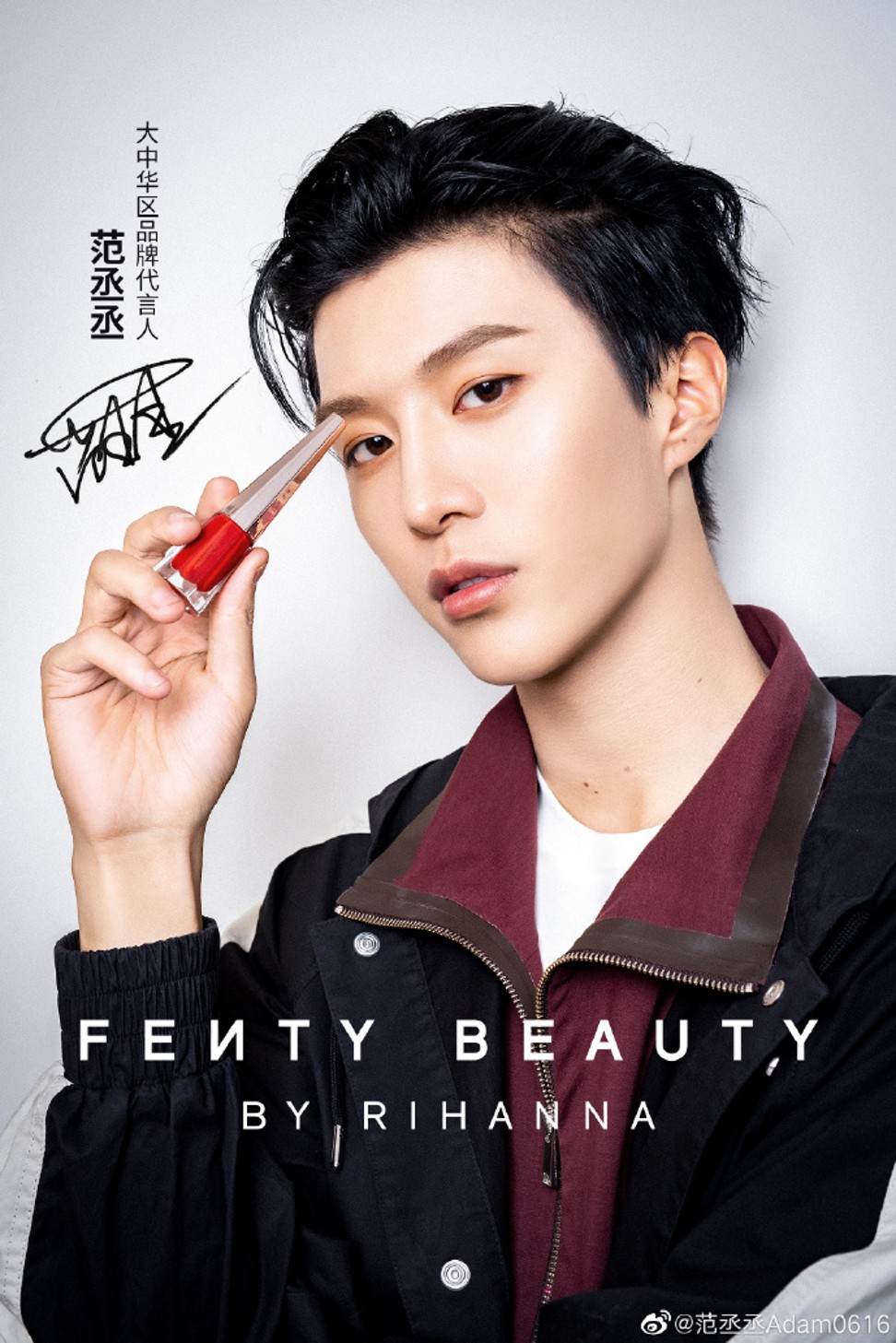Inside China’s training camps, where boys are learning how to be men
Former physical education teacher is helping soft sons find their lost masculinity
More than 20,000 children have taken part in the courses
PUBLISHED : Sunday, 04 November, 2018, 7:02am
UPDATED : Sunday, 04 November, 2018, 10:59pm
Zhuang Pinghui
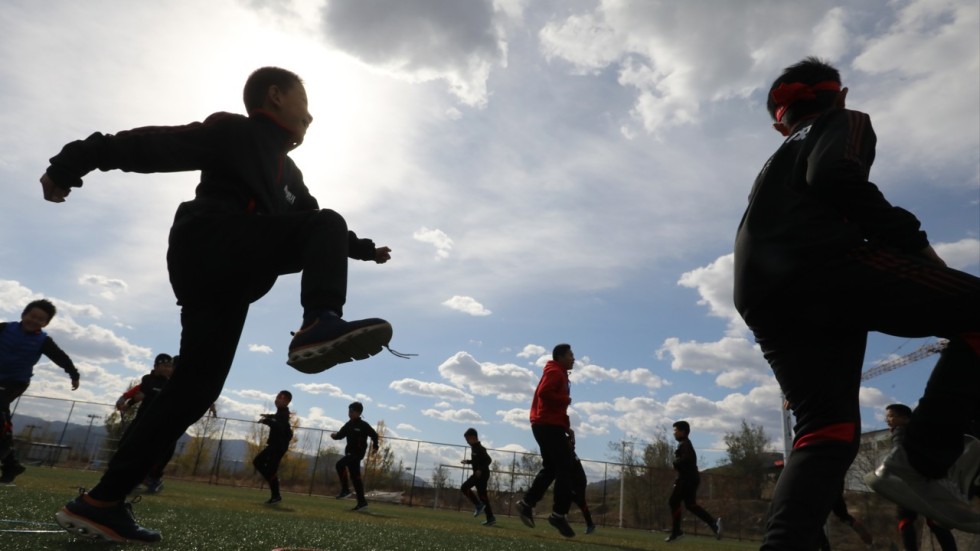
On a chilly autumn morning, 18 young boys braved strong winds for a day of training at the foot of Fenghuang Mountain in western Beijing.
Wearing headbands reading “Tough Guy” and chanting slogans such as “Who is the best? I am the best”, “Who are we? We are the man”, they were there to learn all about focus, cooperation and competition through lectures, games and American football.
It was the fifth day of an 18-day course held on weekends for boys aged seven to 11 that aims to rescue them from their day-to-day, all-female environment and prevent them from being “oversensitive, vulnerable, whiny, petty or irresponsible”.
Members of the Boys’ Club recite declarations of manhood at the beginning of lectures, which include subjects such as safeguarding their country, honour and dreams.
They make vows to be ambitious and competent as an eagle, smart and kind as a dolphin and persistent and down-to-earth as a horse.
The boys address each other as “comrade” or tongzhi, which literally means to share the same ambition.
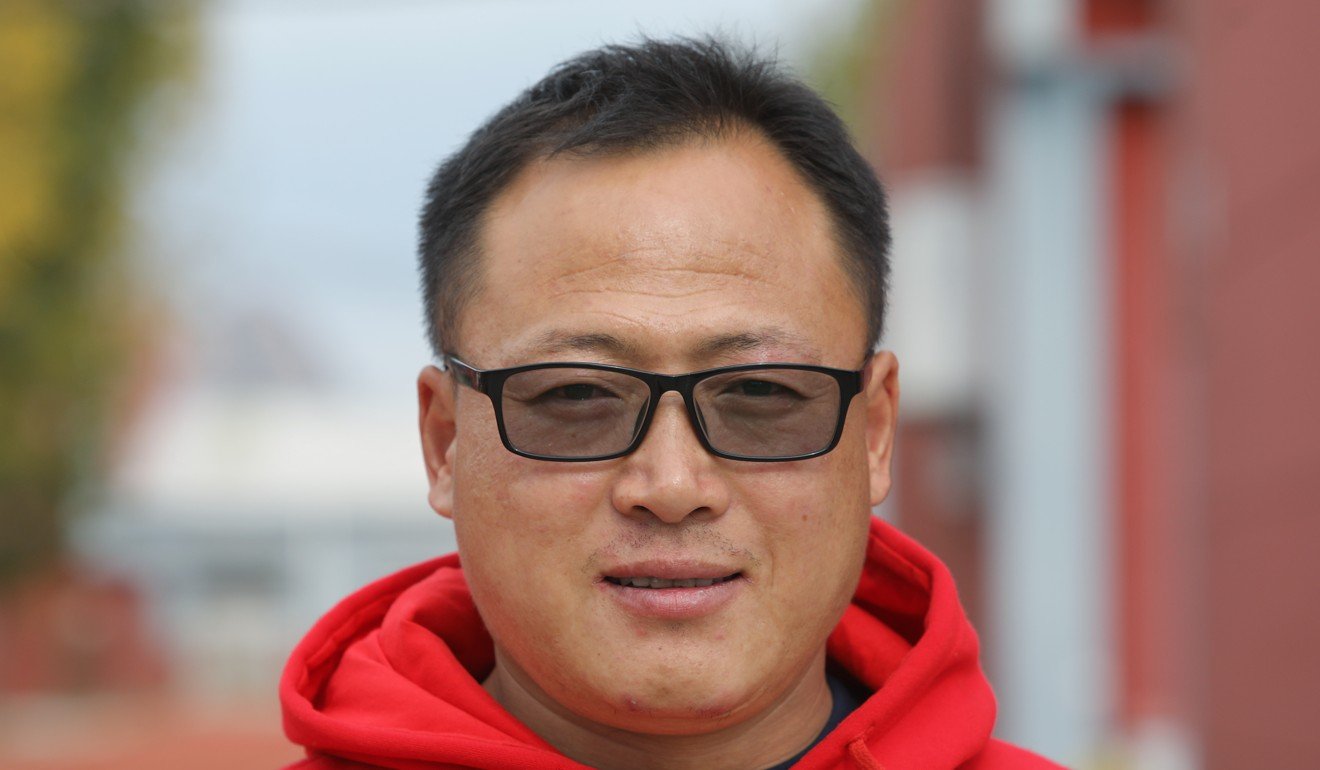
Tang Haiyan’s China’s Boys’ Club has taught more than 20,000 boys how to be more manly. Photo: Simon Song
Boys’ Club founder Tang Haiyan was a physical education teacher in Beijing before starting his specialised training centre in 2012. Since then, more than 20,000 children have taken part in his courses, including some who travel from far outside Beijing to follow his unique programme.
“There is a crisis in boys’ education and I threw myself into practical actions to save them and help them find their lost masculinity,” Tang said.
This was long before state media became concerned about the softer, more androgynous physical appearance of modern male celebrities and their potential impact on society and young children.
When a nationally televised show for school pupils caused a public outcry in September this year, many parents of boys realised their sons were just not man enough and since then have been spending big bucks on a mission to reverse the trend.
For about 10,000 yuan (US$1,400) parents can sign up their sons for 18 sessions of weekend training. There are other, shorter themed activities such as running topless in winter, climbing a mountain in temperatures of minus 30 degrees Celsius in Heilongjiang, China’s northernmost province, or trekking for a week across a desert.
Last weekend some of the children dressed up as soldiers and played a real-life version of the popular video game Counter-Strike on the set of patriotic military film Wolf Warrior.
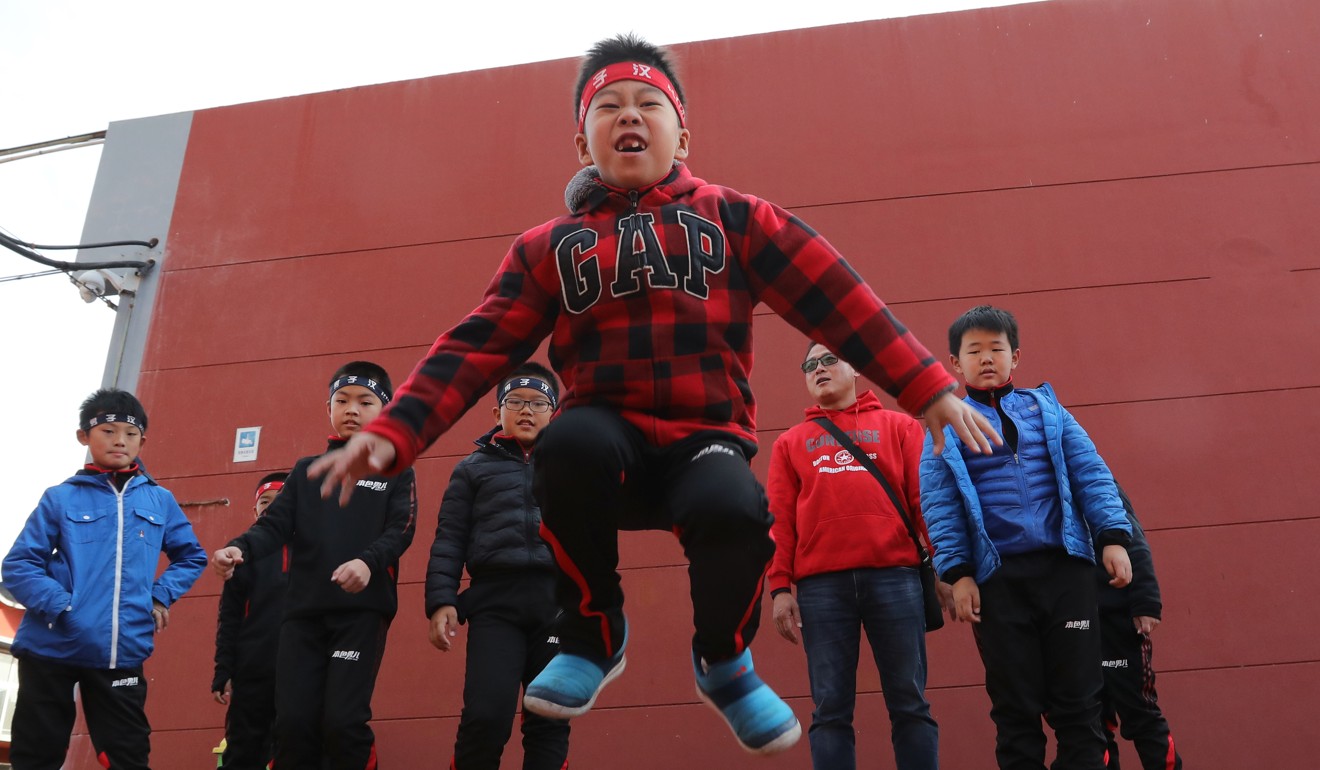
For about US$1,400 parents can sign up their sons for 18 sessions of weekend training. Photo: Simon Song
Zhang Haiwei, mother of 12-year-old Tong Tong in Qingdao, in the eastern province of Shandong, was determined to send her son for 14 days of military-style training in Beijing after hearing a lecture by Tang five years ago.
“Tong Tong’s father was busy and not around much. I looked after my son and he had been surrounded by women all the time. He was weak and wept whenever there was some difficulty,” Zhang said.
“It might be that we were too attentive to him and deprived him of the opportunity to be independent. He was not confident and wept at setbacks. He was like a sensitive girl.”
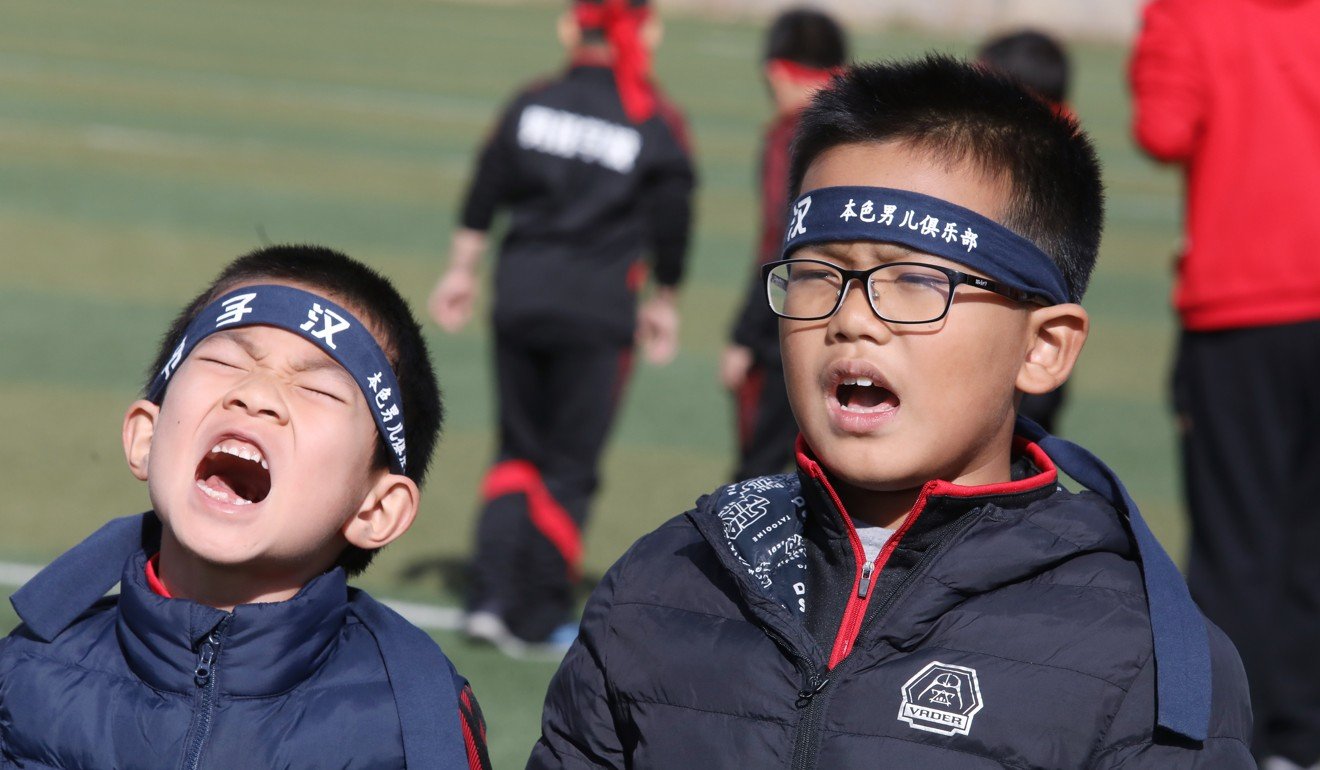
Boys’ Club trainees wear headbands reading “tough guy” and chant slogans such as “who is the best? I am the best”. Photo: Simon Song
While she would have settled for her son finishing the summer course without quitting, she was taken by a nice surprise – the boy not only completed the training but also took the initiative to wash his own socks.
“He could not even take a bath without my help. He did not poop in school because he needed us to wipe his butt after the business. Then [after the course] he would wash his socks. I was thrilled!” Zhang said.
Since then she has sent the boy to Tang’s camp for two weeks every summer and winter, convinced the closed, all-boy training environment has contributed to his growth.
Zhang said Tong Tong had to depend on himself in the camp and learned everything about discipline, which showed its benefits in his studies.
“I am relieved of all the duties after so many years of attending to him. He is completely independent in life and in study. If he plans to play video games for 30 minutes every week, he will put away the game when the time is up. I don’t need to remind him at all,” she said.
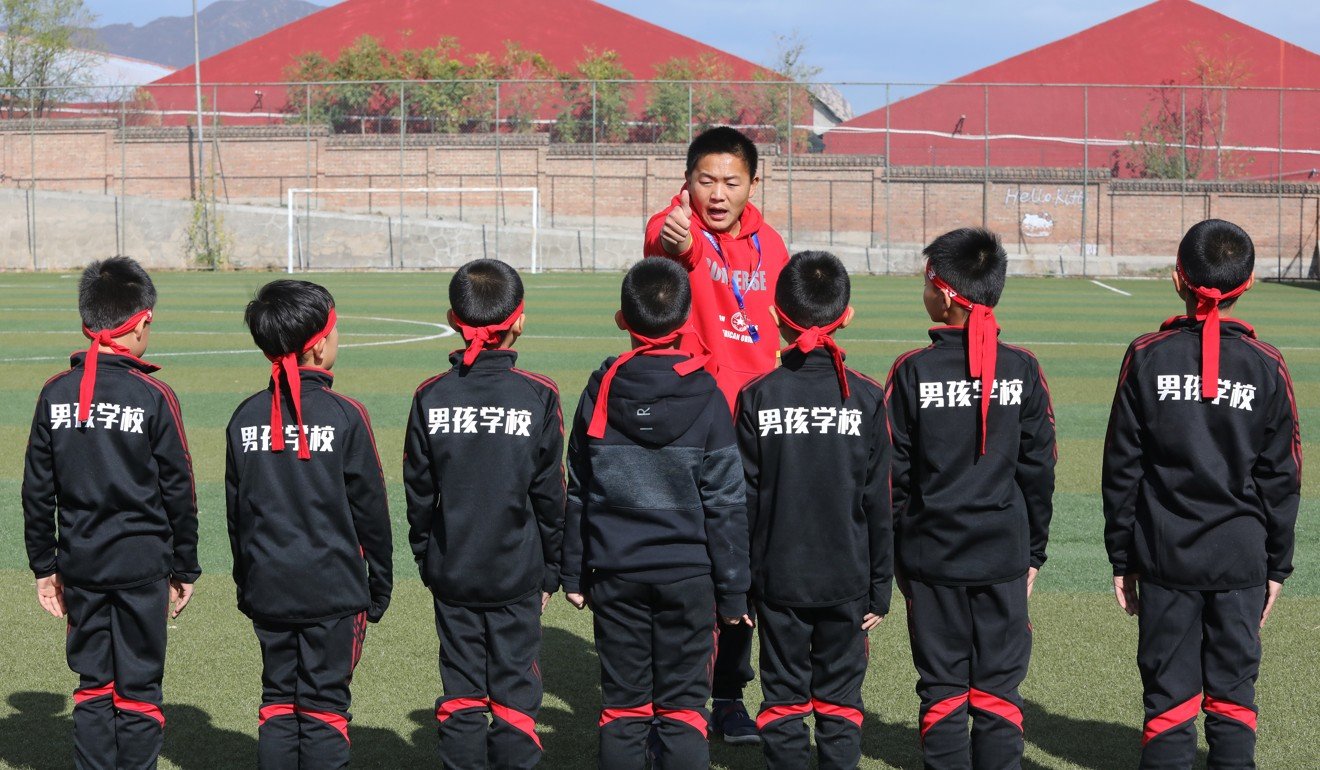
Boys’ Club trainees learn focus, cooperation and competition at the intensive weekend training camps. Photo: Simon Song
Tang said most boys were raised by their mother and grandmothers, and surrounded by female teachers in school who, in turn, set the same standard for boys as girls – such as to be quiet, behave and not to be naughty all the time.
This, Tang said, was unfair and put boys in a disadvantaged position.
“Boys behave differently from girls and they develop at a different pace, but I have been to many schools, top or average, and it has become a crisis in society that boys are overshadowed by girls,” he said.
“Their confidence has been shattered. We must help boys regain the true colours of men, their masculinity.”
Tang’s ideas are popular among parents like Zhang Xiansen, who was discharged from the army more than 10 years ago and has a 14-year-old son.
Zhang, from Qinhuangdao in north China’s Hebei province, said he was upset that his son was a chubby boy with a fat stomach, but could not do much about it because his words fell on the deaf ears of the child’s grandparents.
He felt the boy was being spoiled and would not be able to handle a life like his own in the army, with its long and hard physical exercises.
So two years ago, when he learned Tang was coming to his city, Zhang signed the boy up for two weeks of military style-training that included walking weights across sand, carrying cabers – the Scottish long pole – wrestling, and American football.
“My son Ming Ming came back a changed person,” he said.
“He knew what discipline was and followed rules strictly. He understood the meaning of persistence, team cooperation and competition.”
He signed up for more courses.
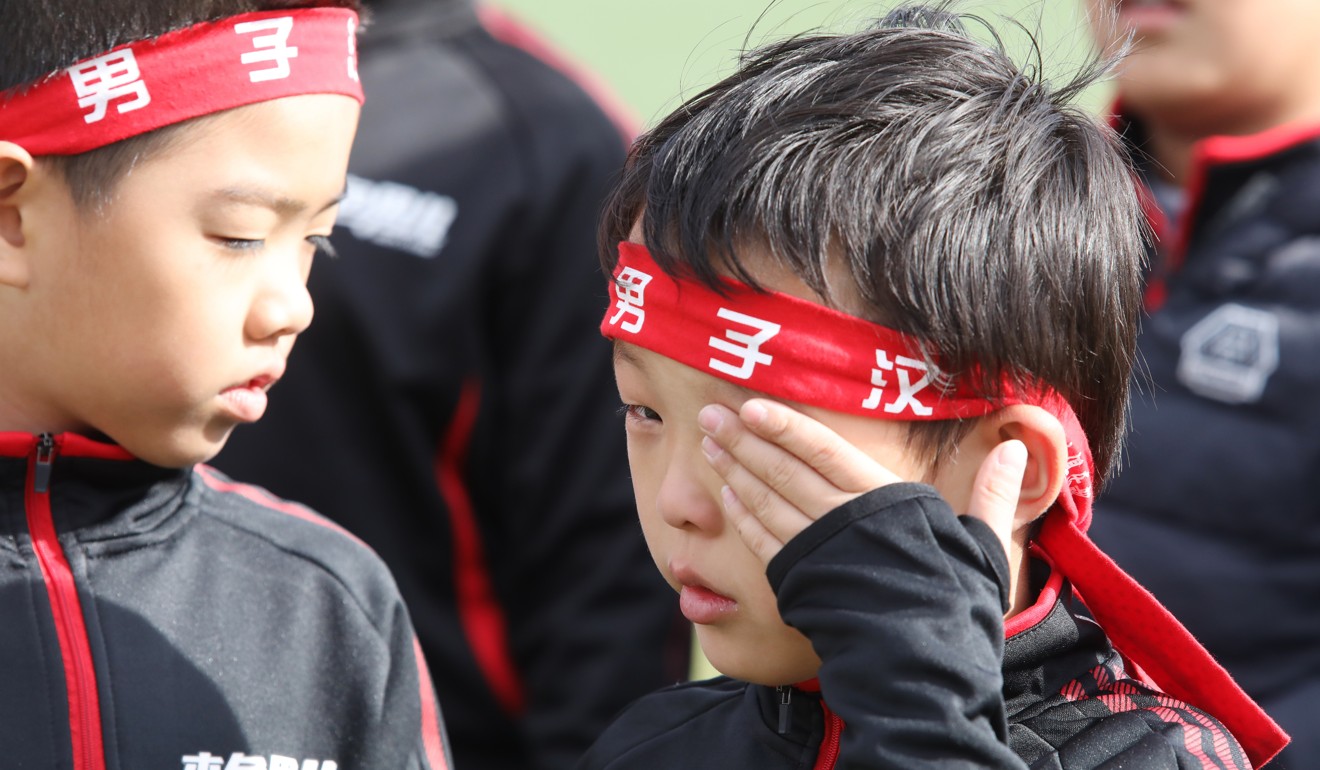
China’s Boys’ Club participants learn to be disciplined and self-reliant. Photo: Simon Song
Like Tong Tong, the training had a positive effect on his son’s study, said Zhang Xiansen.
Ming Ming decided to go for a top military-style middle school in Hebei and was the only one among his friends to survive the challenge of being admitted and was enjoying school life there.
“No more crying at setbacks. No belly weight any more after he understood the importance of physical exercise,” Zhang Xiansen said proudly.
Liu Junsheng, a professor at the school of psychology and cognitive science at East China Normal University, said a role model in life would usually be enough to encourage “masculinity” in boys, rather than forced education in childhood.
“It is unclear whether such forced education would have any adverse effects, but generally masculinity does not need to be reinforced. It is enough for boys to have a role model in life,” Liu said.
While the public is still debating whether state media should be more critical or open-minded about some modern men’s “sissy” appearance, Tang said they did not represent the accepted image of manliness and the mass media should not be putting them under the spotlight.
“It is fine that they are part of a diversified society but boys are prone to be influenced by the media and they must not be misled,” Tang said.
“Men are tough, gentlemen, full of spirit. They speak in a loud, clear voice and they stand firm. They are not shy of public speaking and, more importantly, they are ready to shoulder responsibility.
“Society still requires grown men to shoulder more obligations and provide the major source of income.
“We need to prepare boys to take more social responsibility in future,” he said.



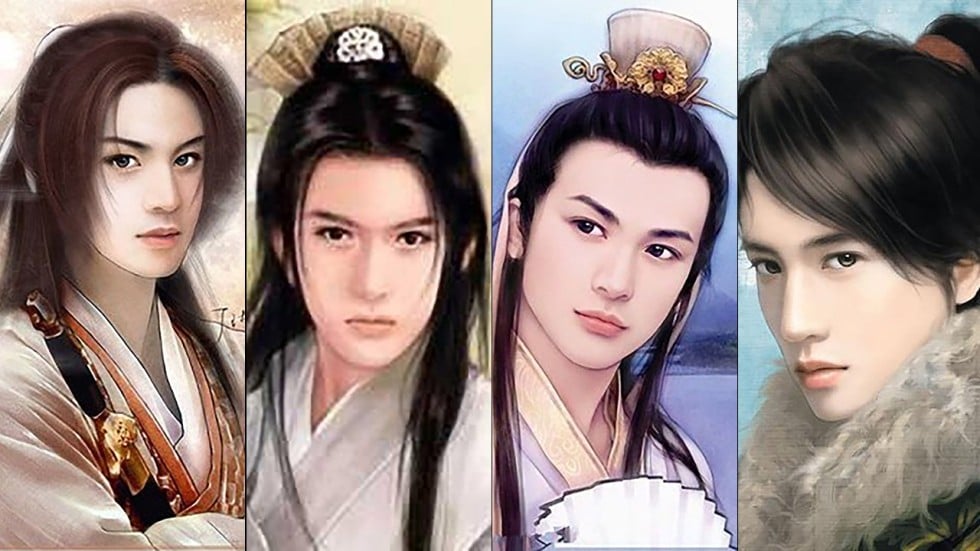
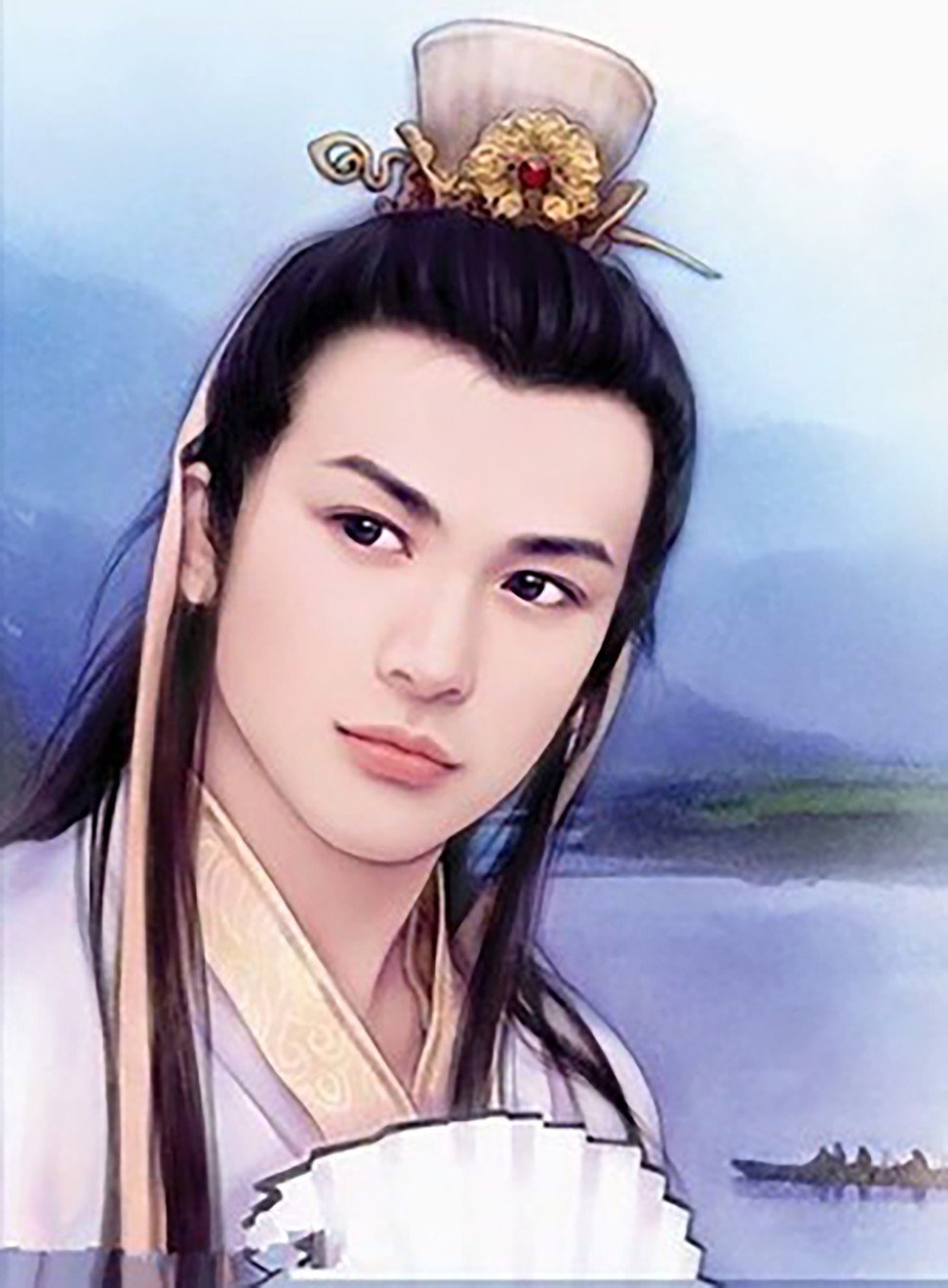
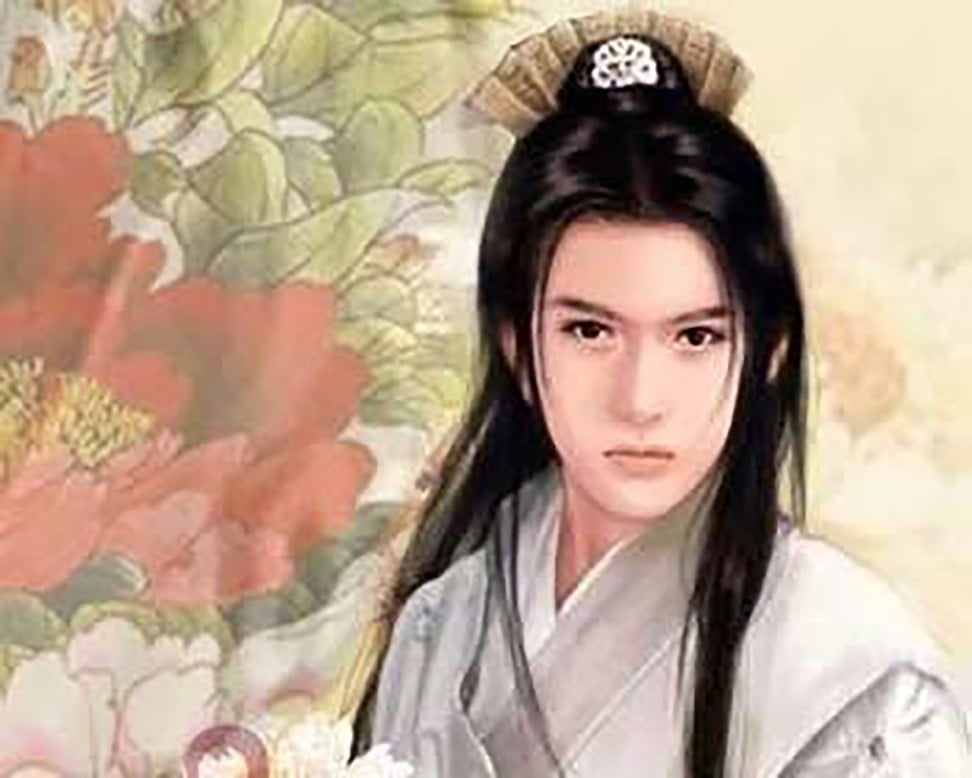
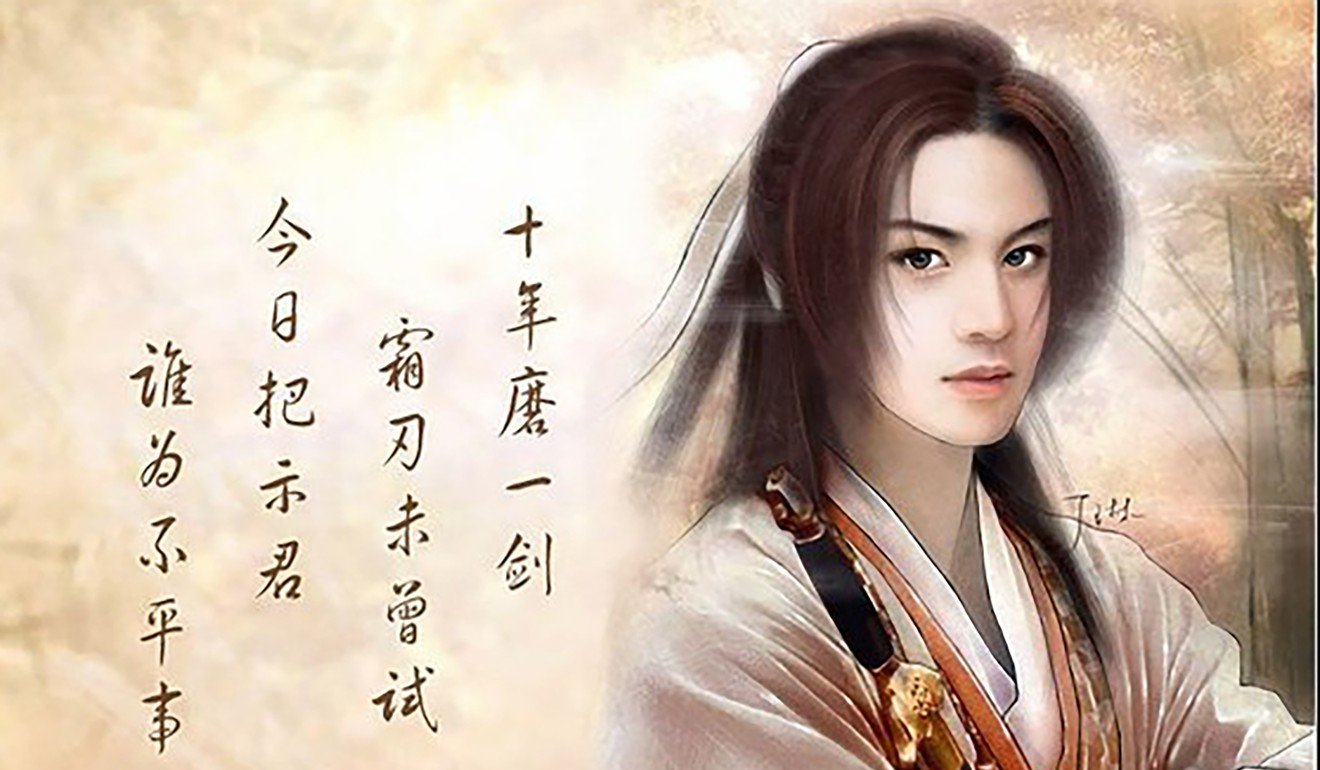
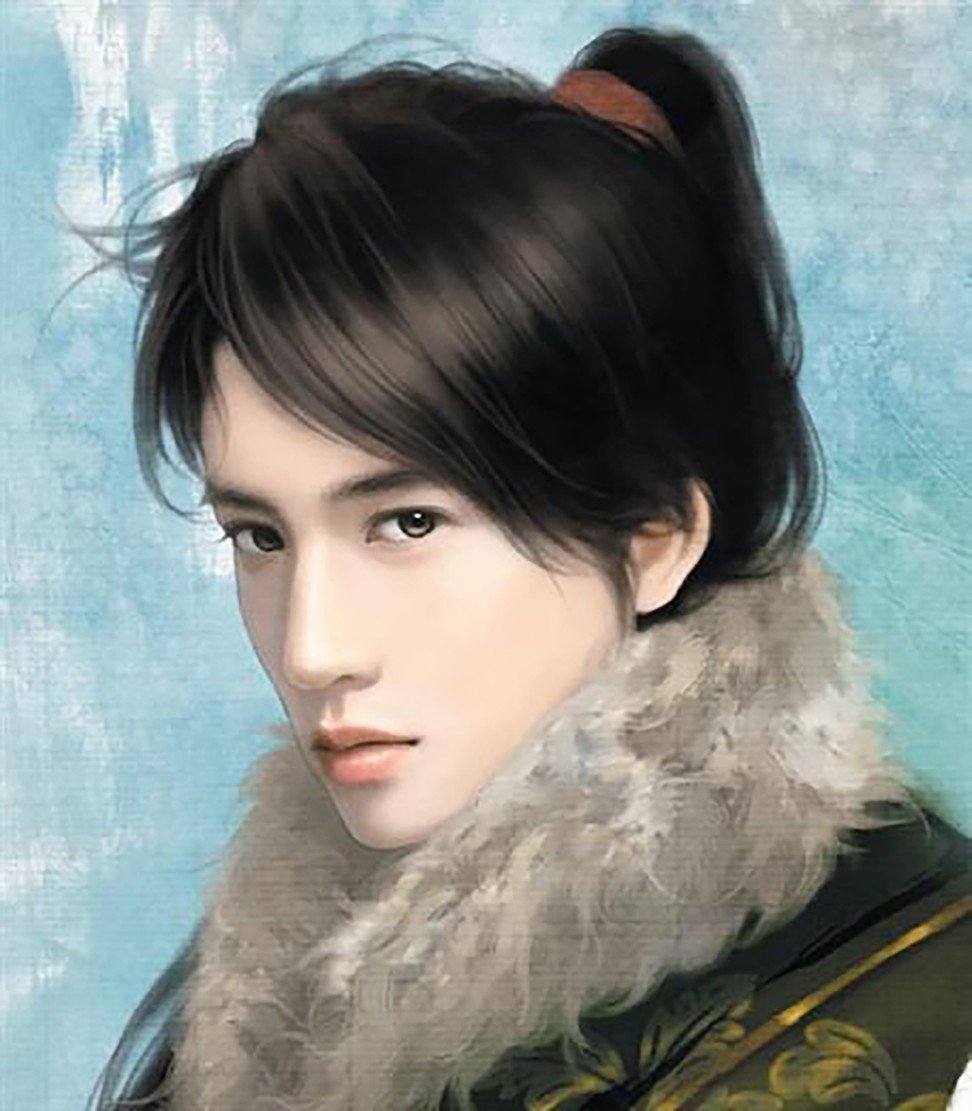

 Reply With Quote
Reply With Quote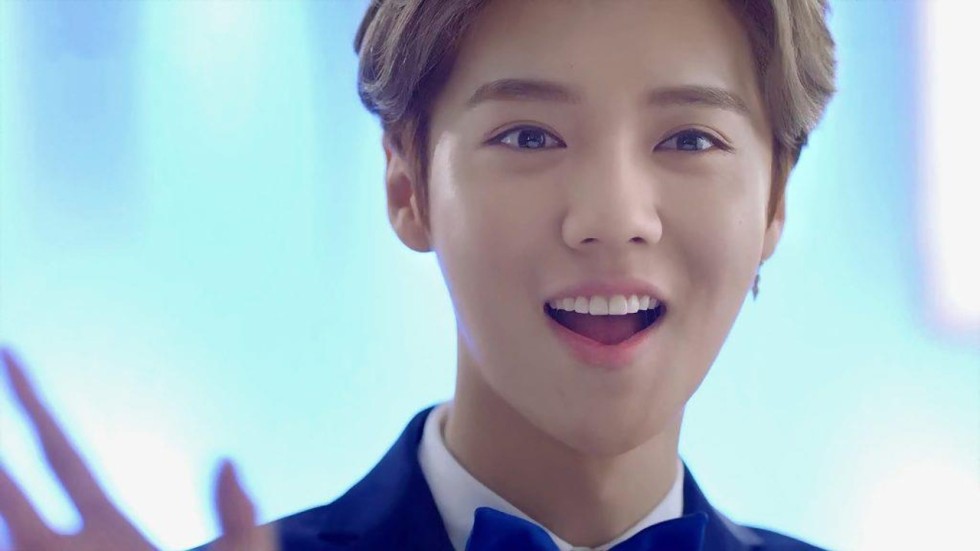
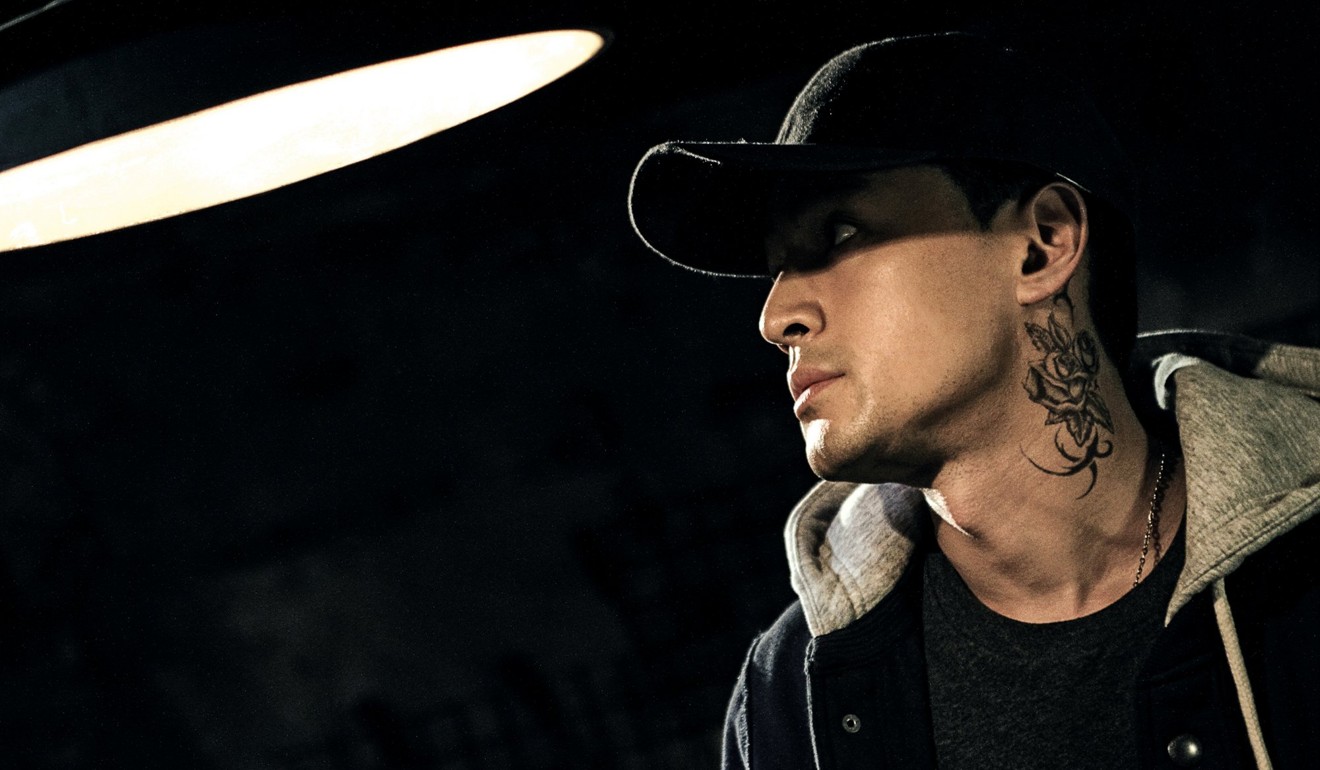
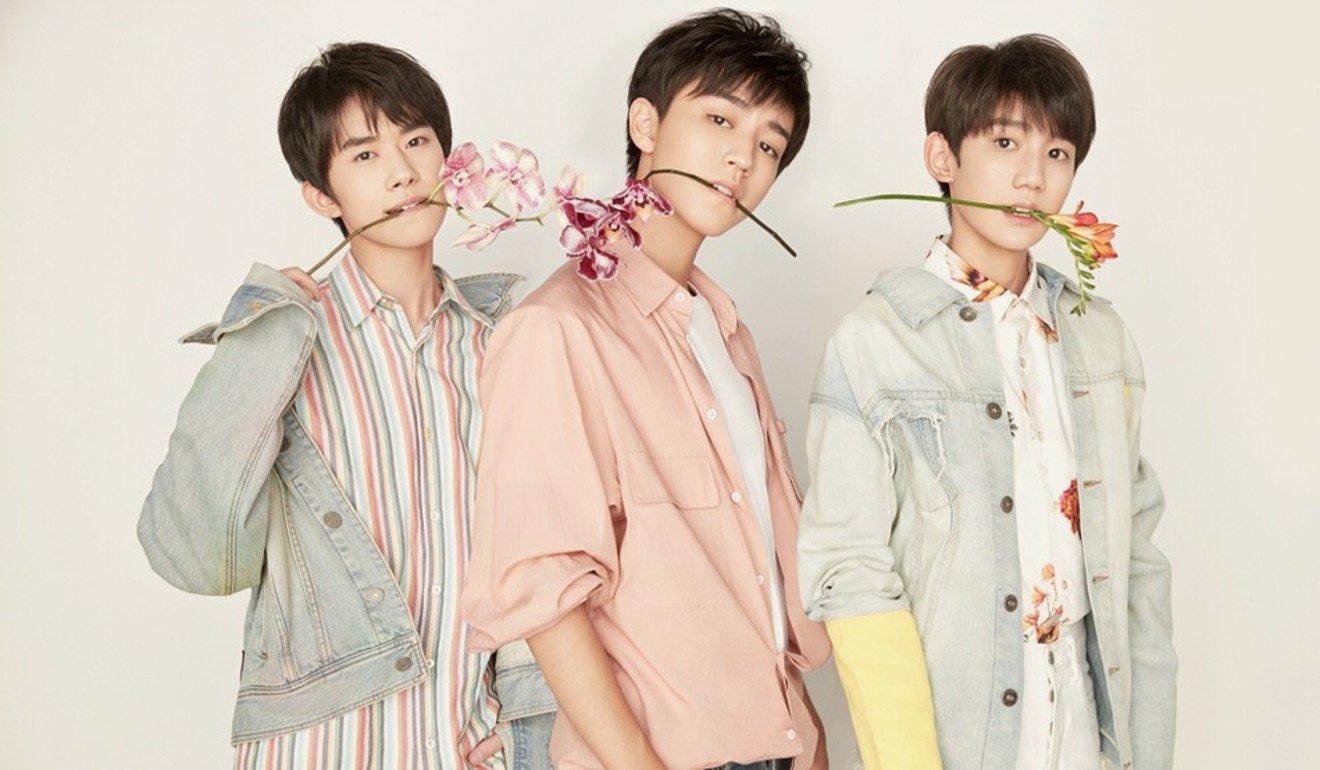
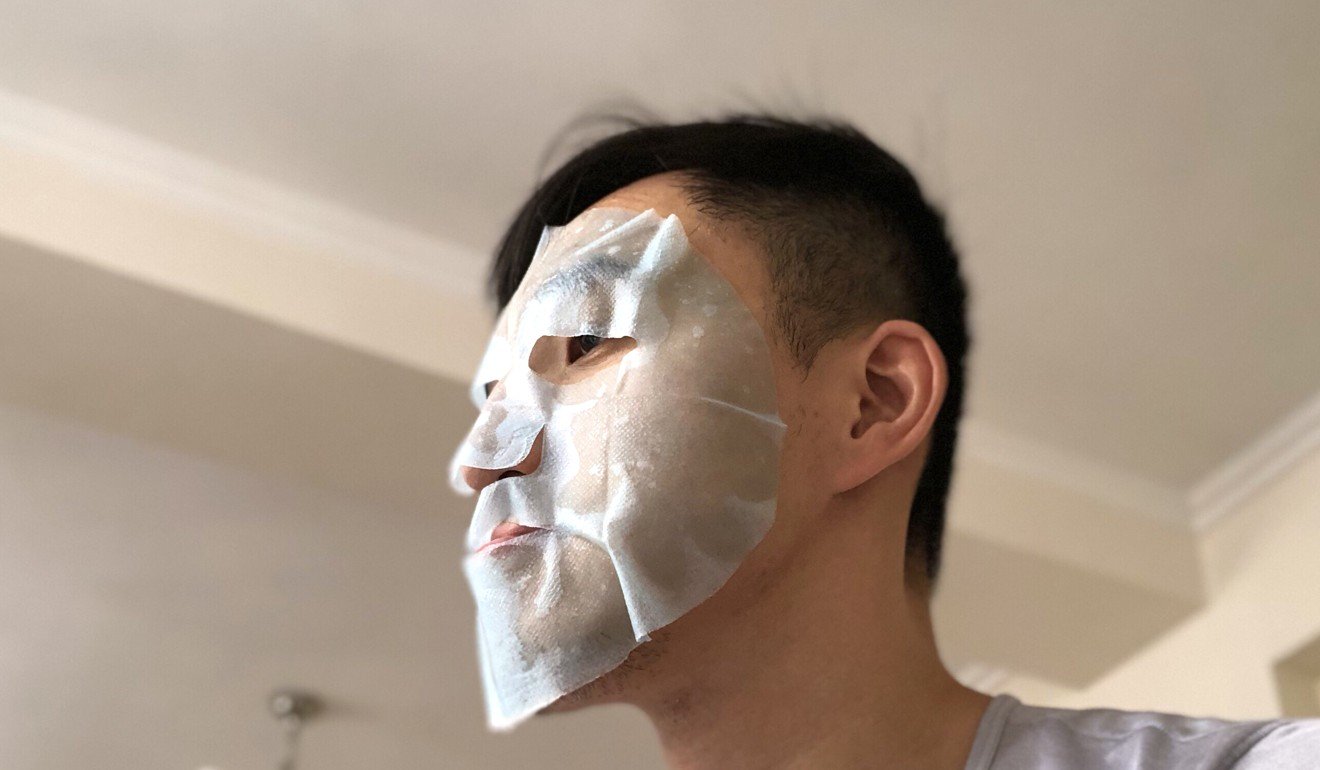
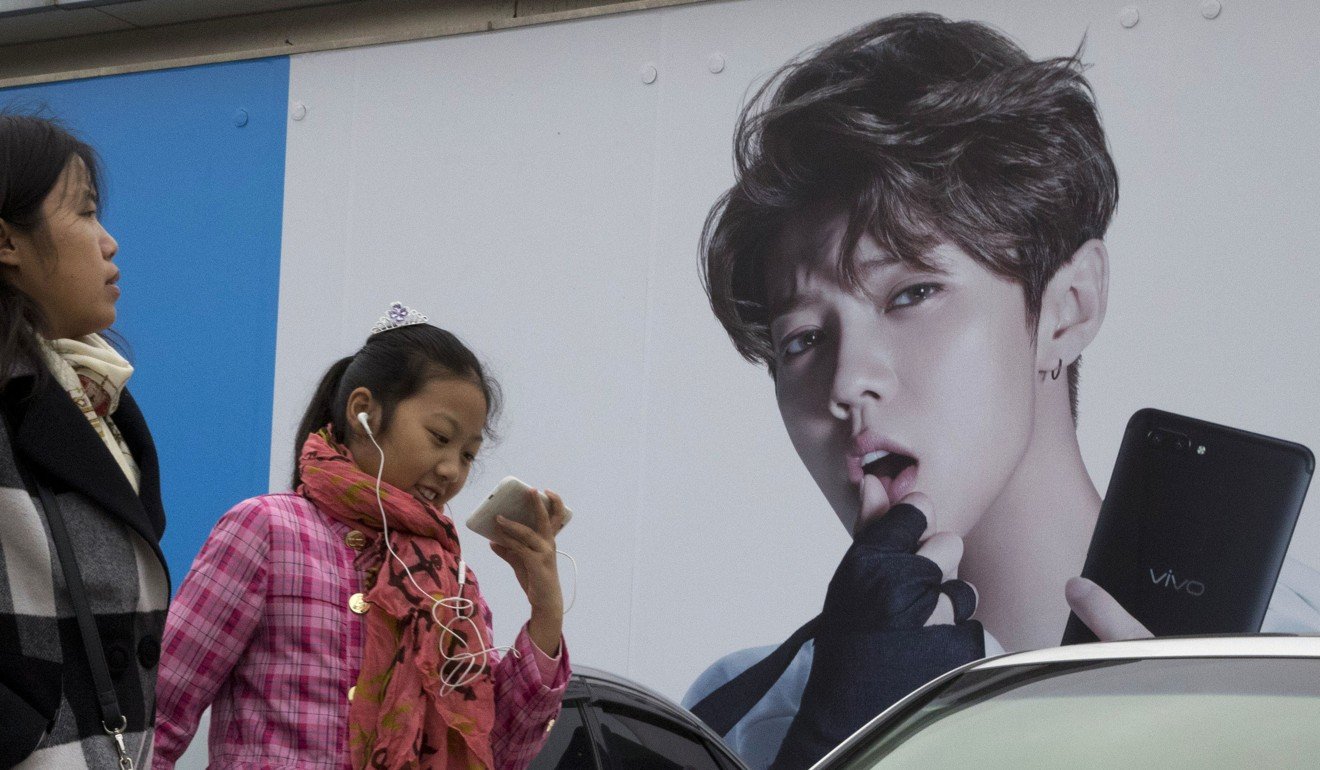
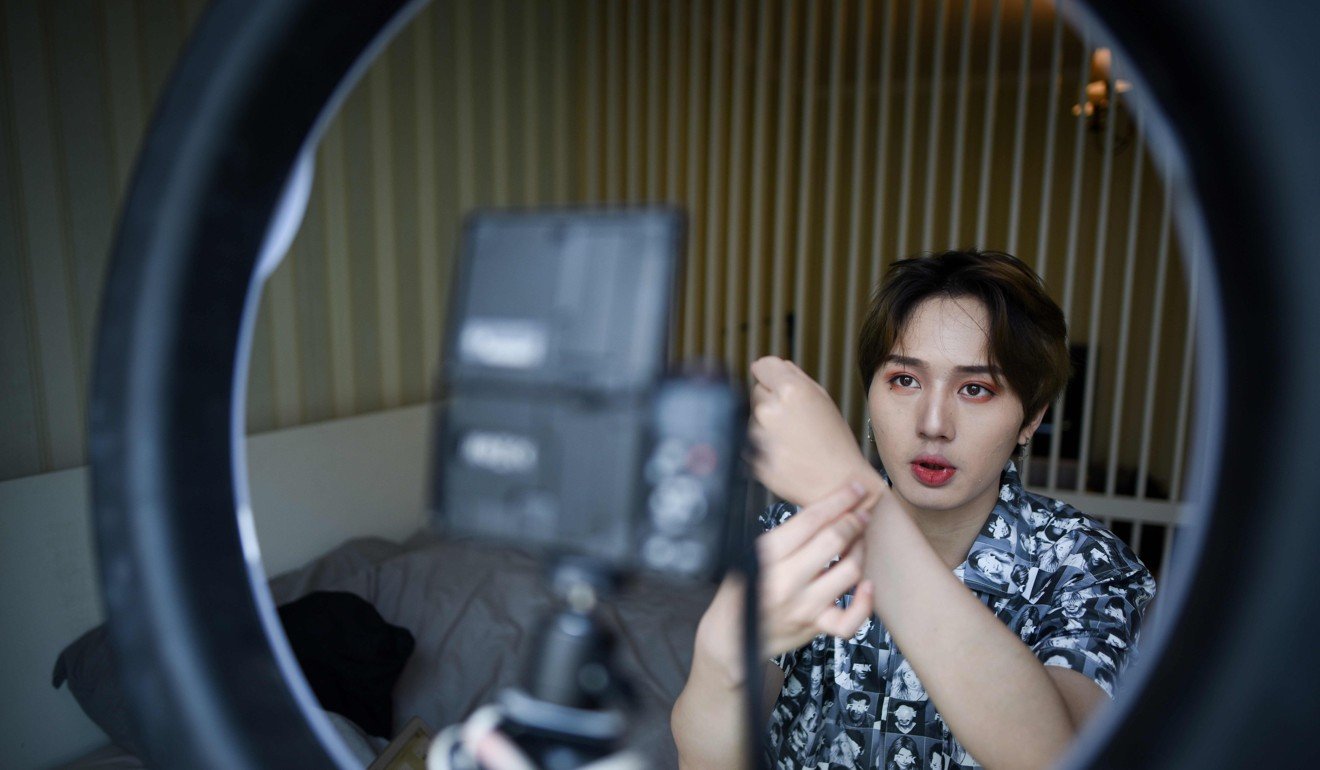




 These sissy narcissists better be careful. Mainland China has a long tradition of eunuchfication processing of such volunteers of this genderbender class of males, one more way to control population growth. No weener = less competition for available females.
These sissy narcissists better be careful. Mainland China has a long tradition of eunuchfication processing of such volunteers of this genderbender class of males, one more way to control population growth. No weener = less competition for available females.







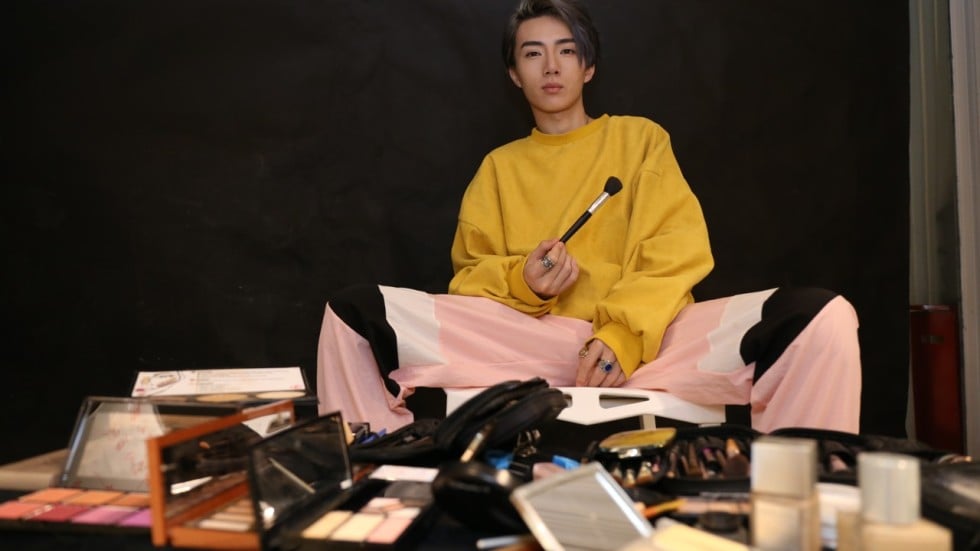
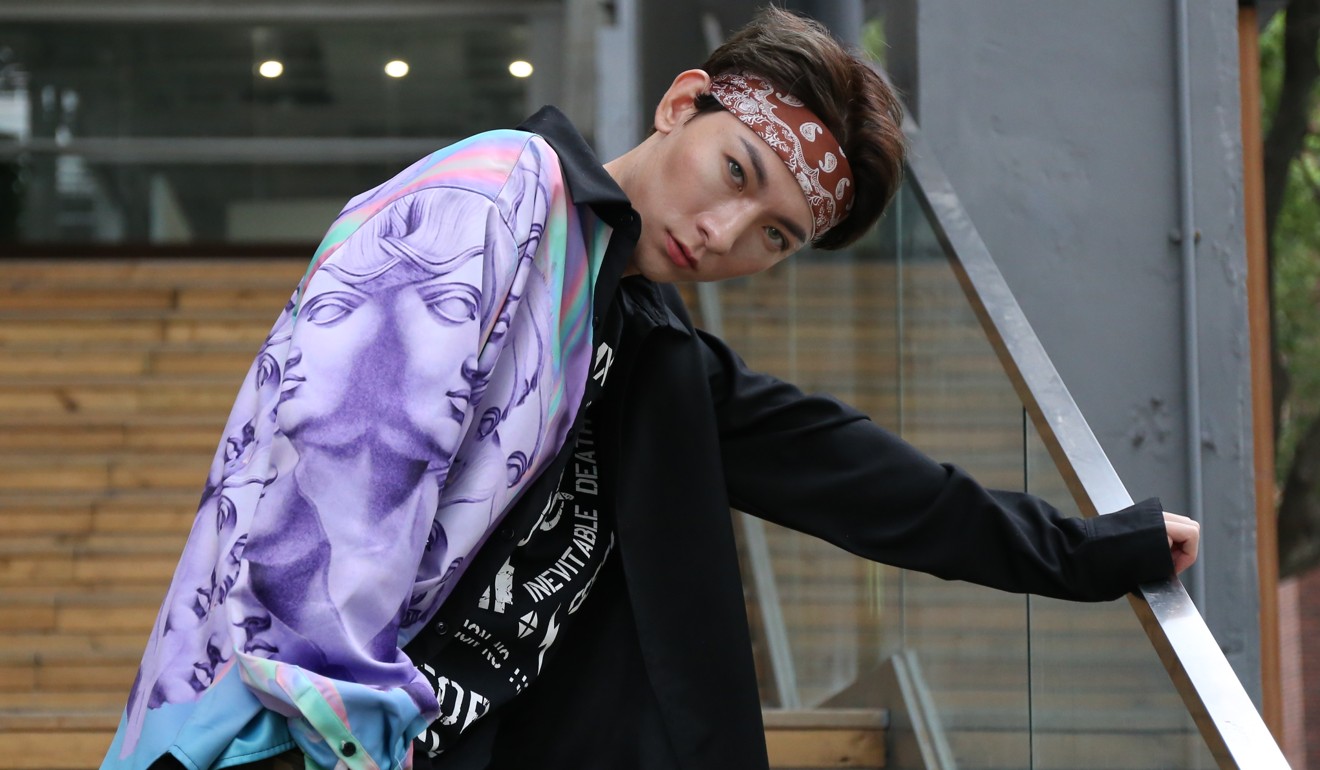
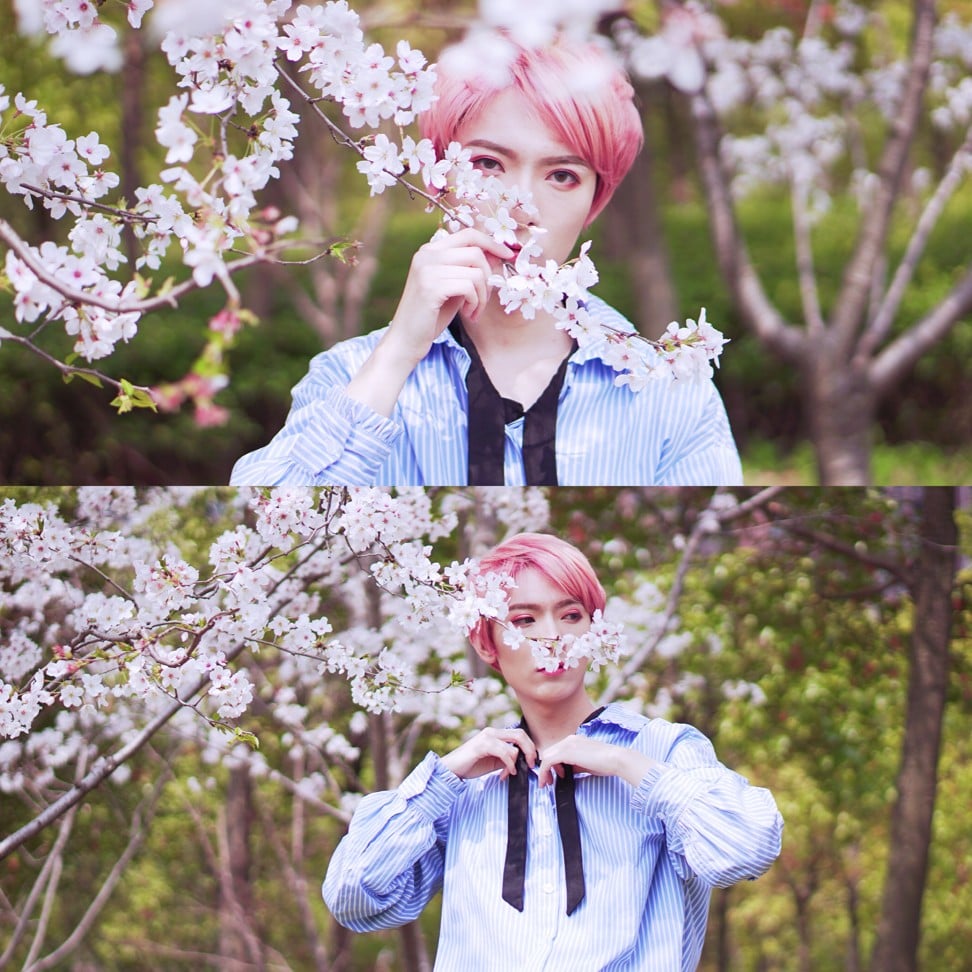
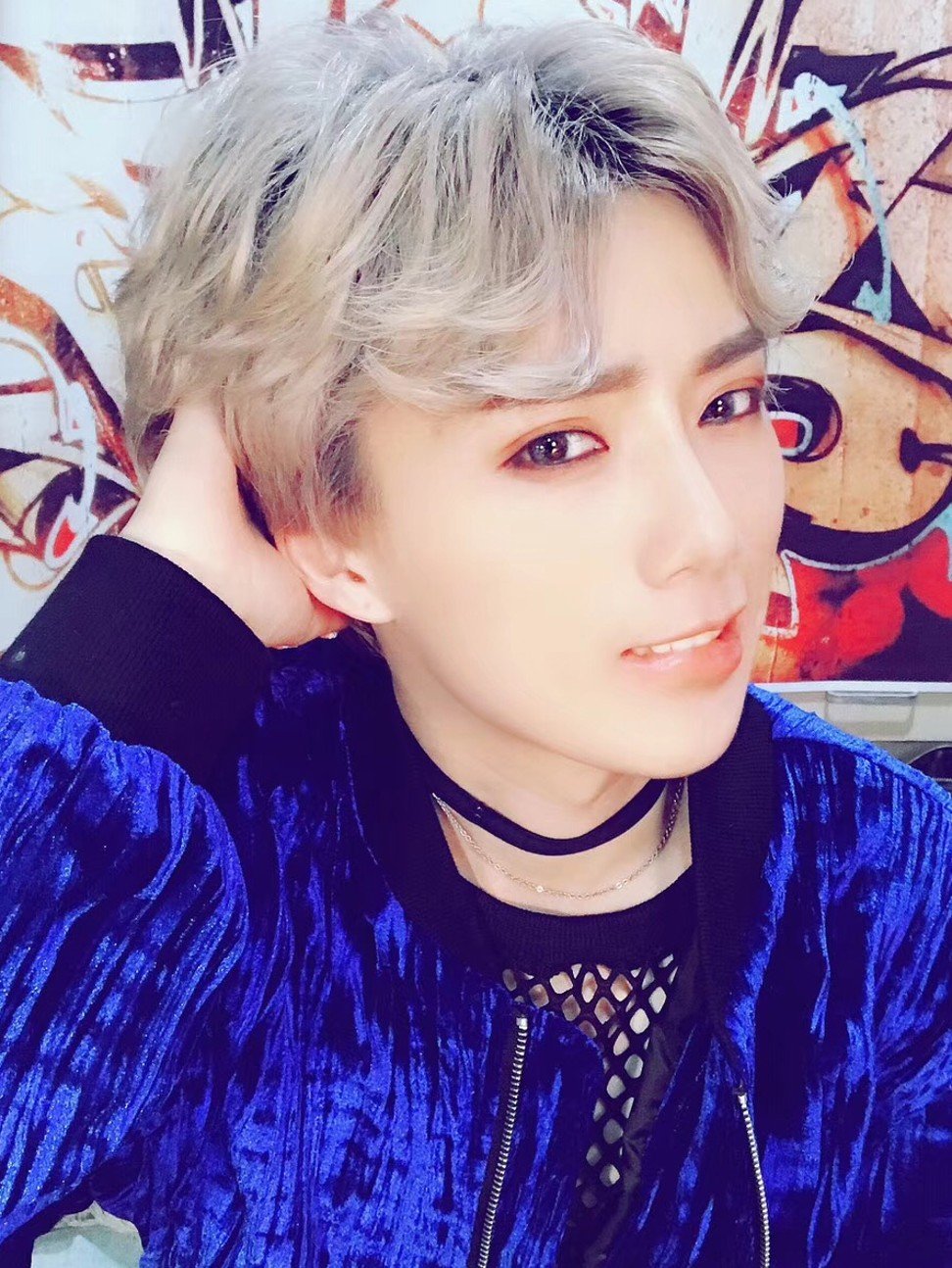
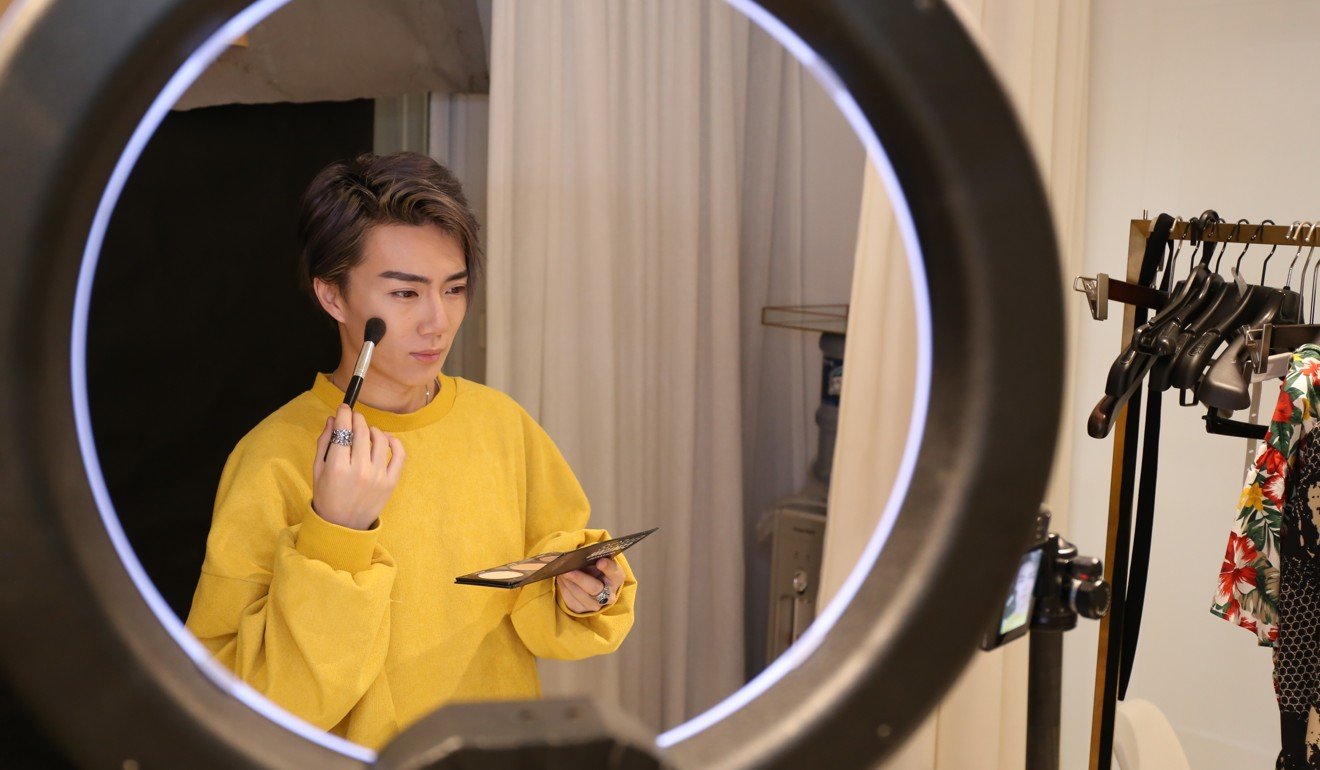
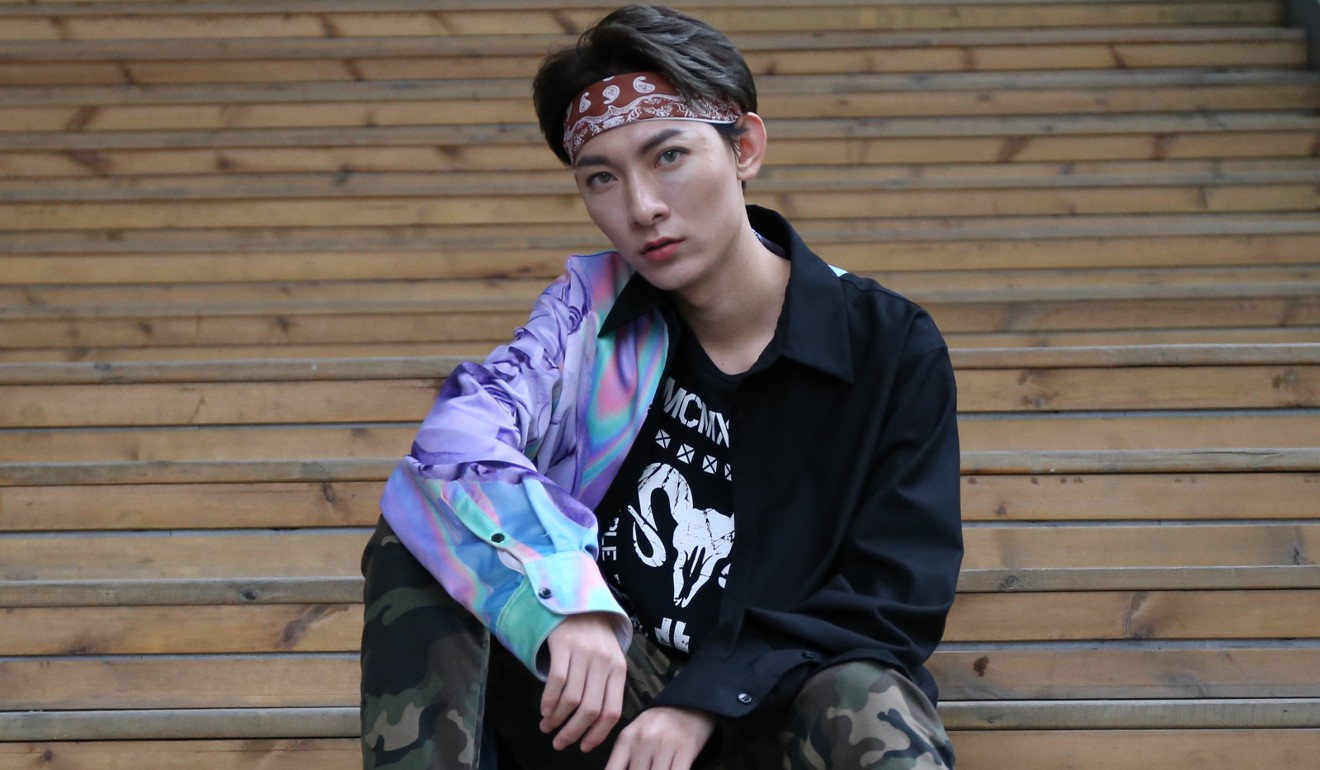
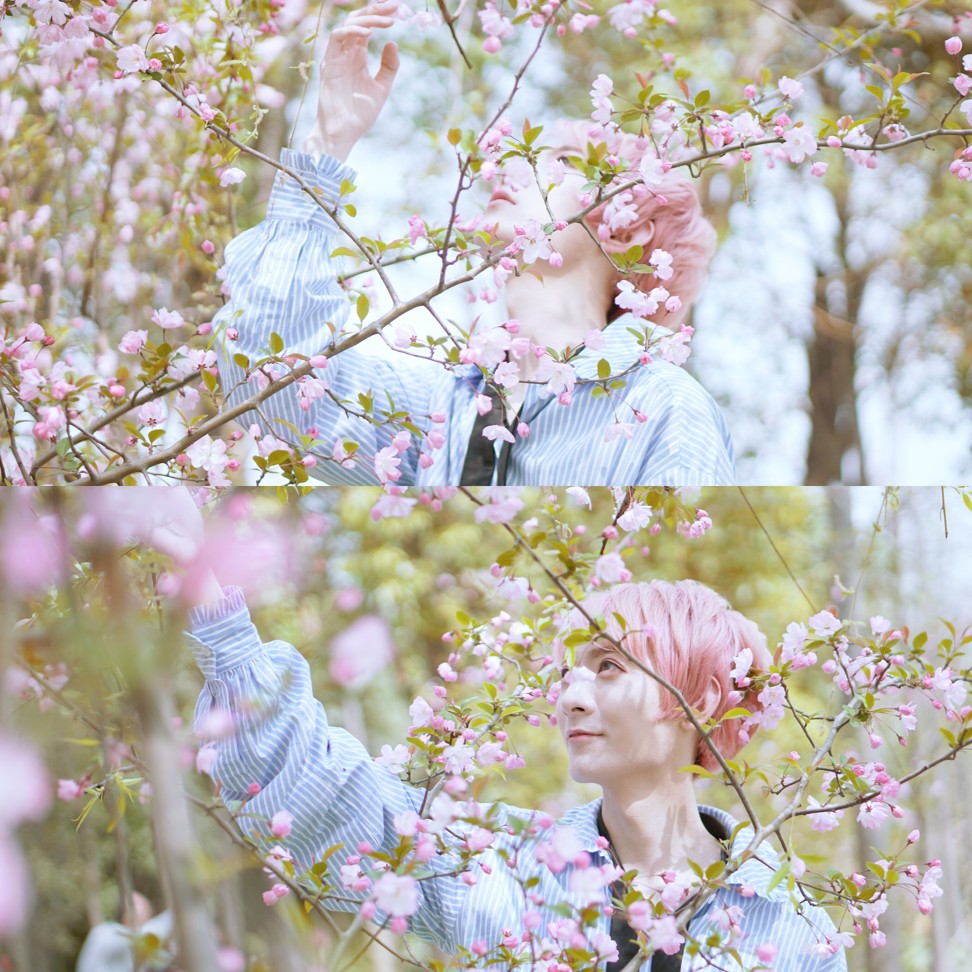



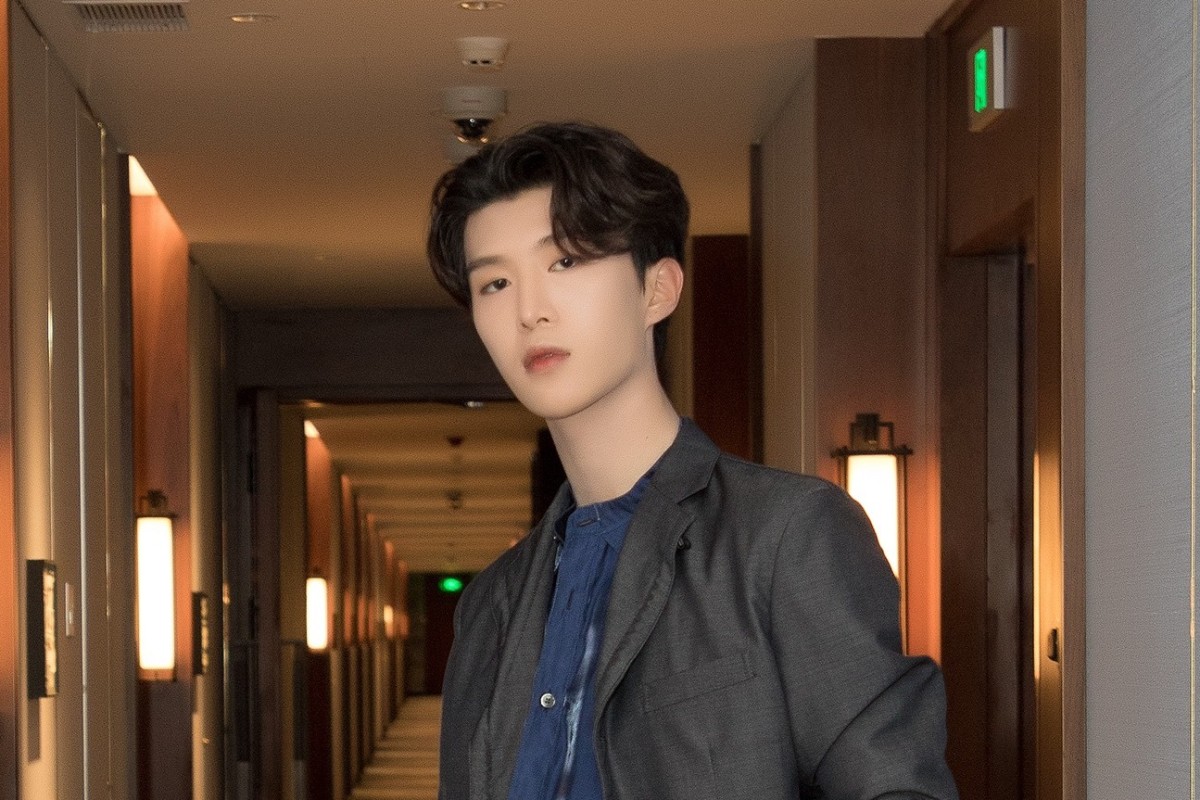
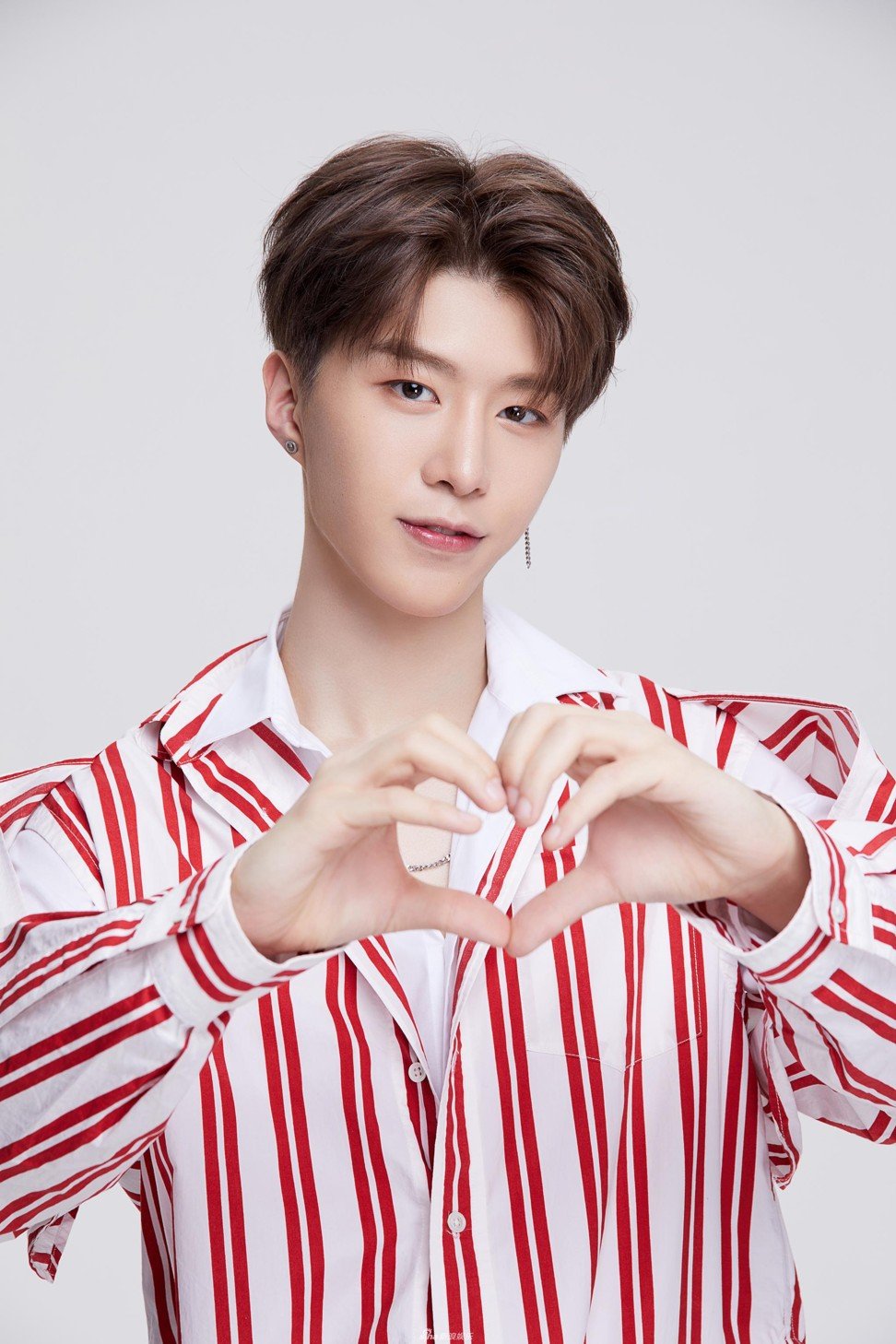
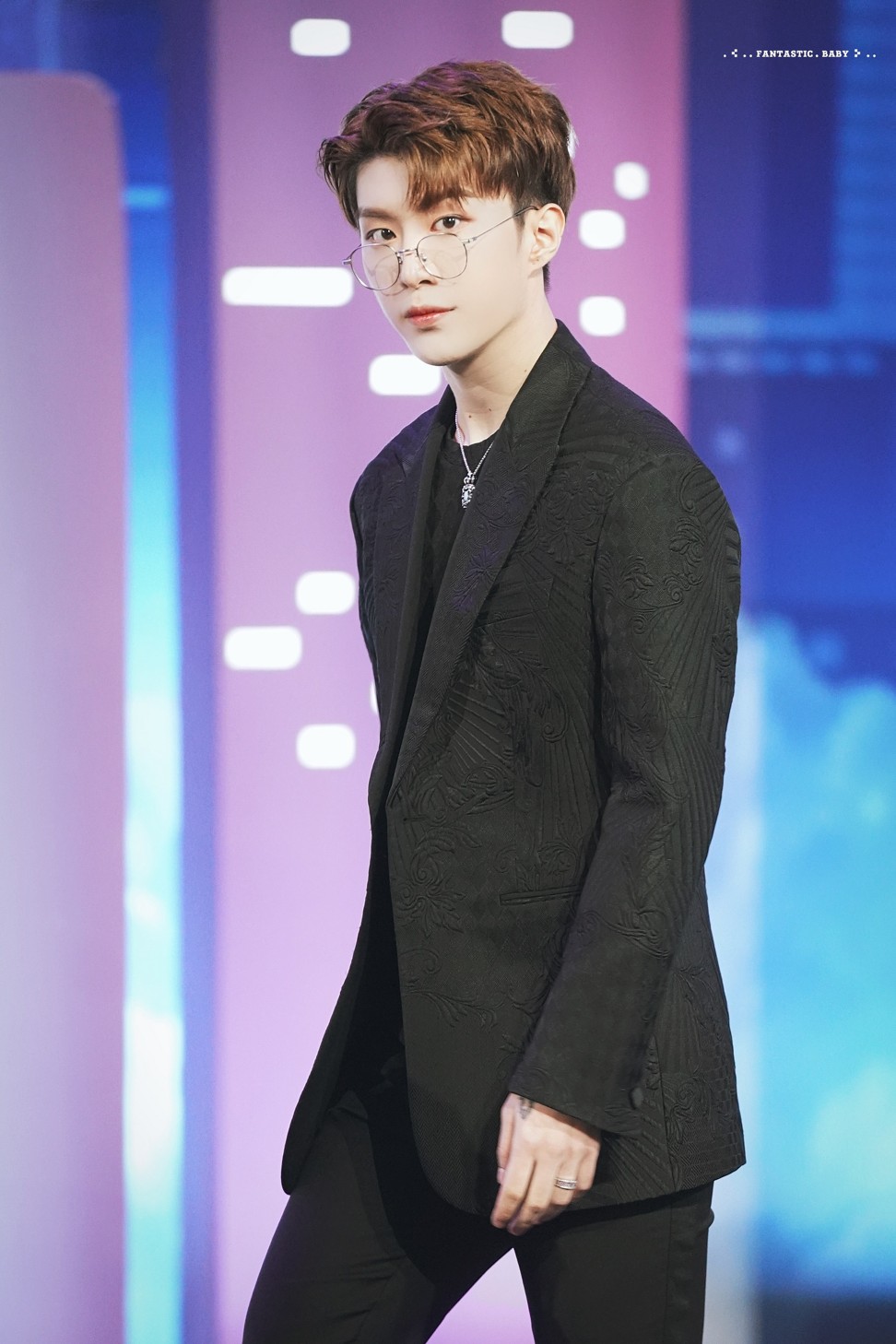
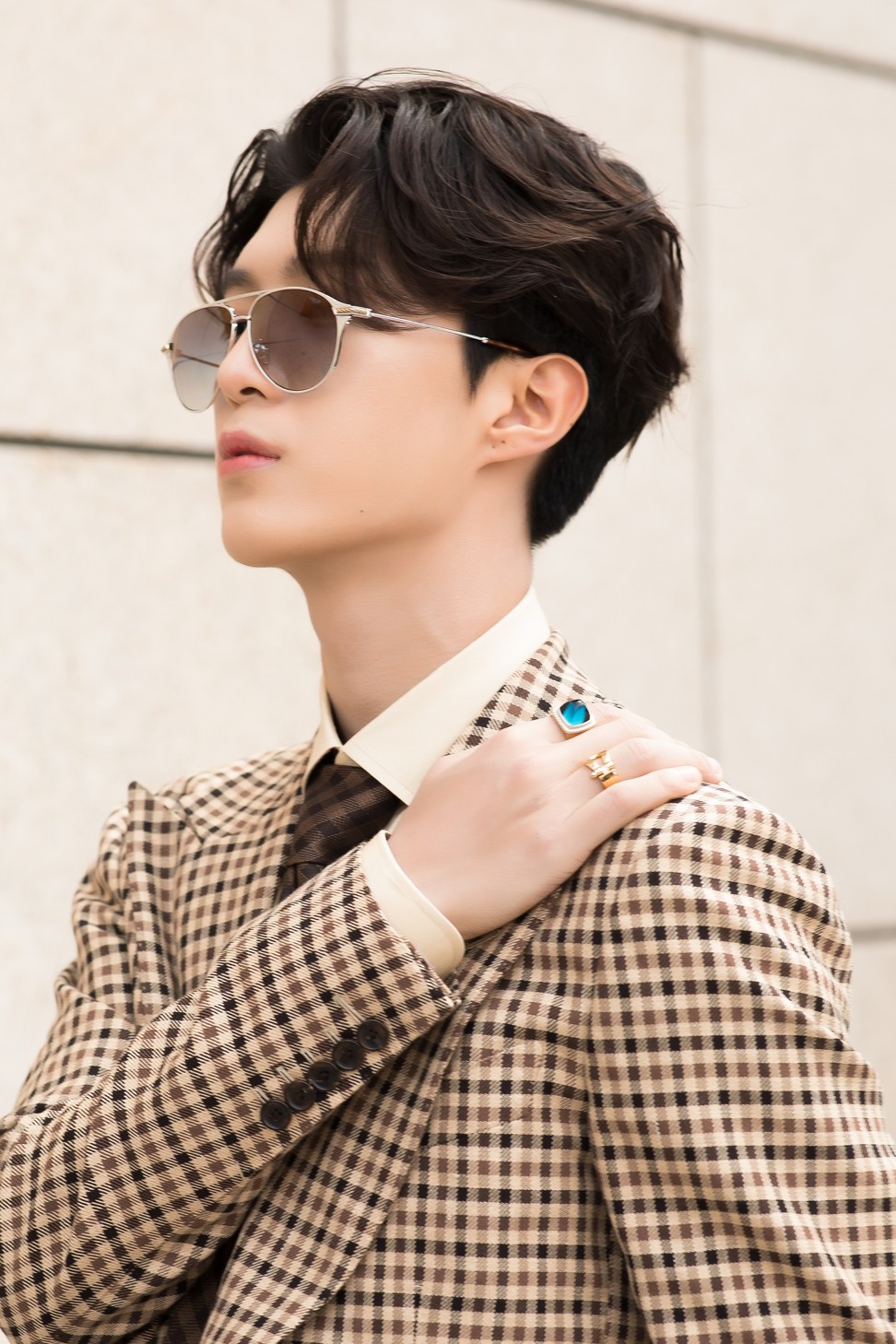 .
.